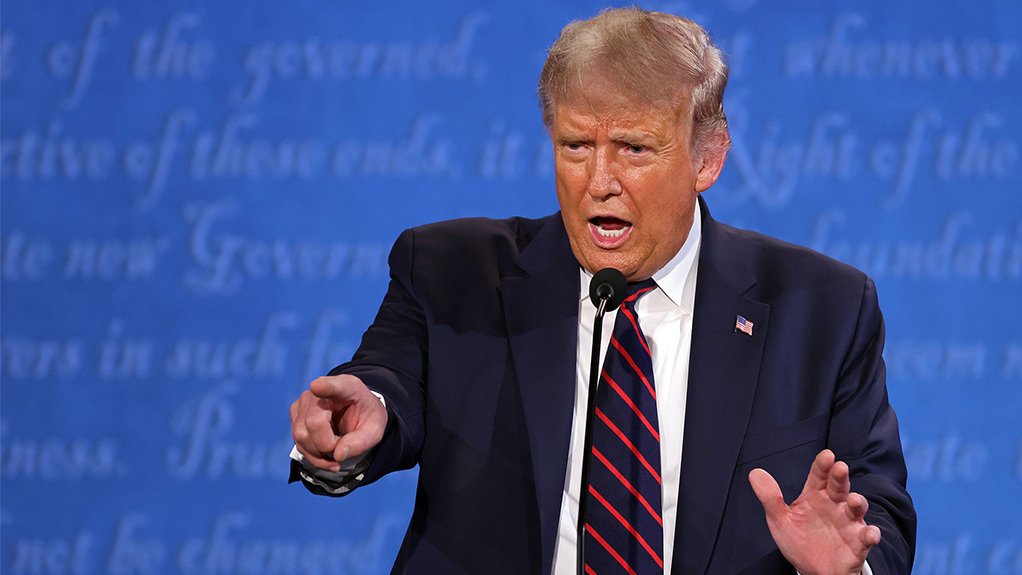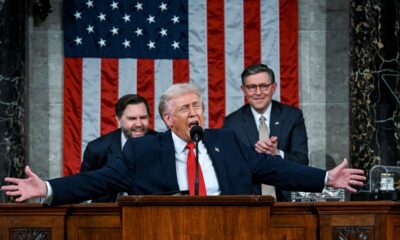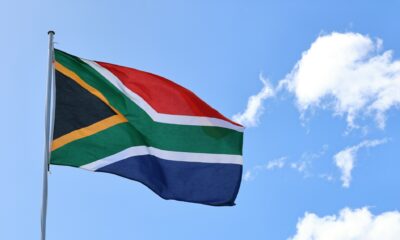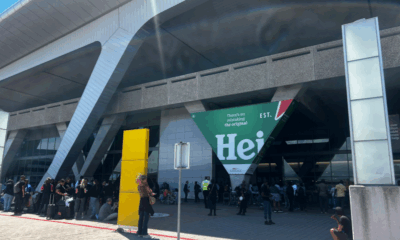News
G20 Leaders Stand Firm Against US Pressure as Global Cooperation Takes Centre Stage

The G20 Summit in Johannesburg took on a tone few expected: firm, united, and unwilling to be steered off course by global power politics. While diplomatic smiles were present for the cameras, political analyst Sanusha Naidu says what unfolded behind closed doors told a different story. Leaders from Europe and Africa made it clear they were not prepared to let the United States shape the summit’s direction unchallenged.
A Clear Message To Washington
According to Naidu, the Trump administration’s attempt to weaken support for the final G20 declaration ultimately fell flat. Instead, a collective stance emerged, with several leaders backing South Africa’s presidency and rejecting efforts to dilute language on key issues like gender, development, and inequality.
For many South Africans watching the summit closely, this moment felt like a rare instance of global solidarity taking precedence over great-power rivalry. On social media, users noted the symbolism of Johannesburg hosting a gathering that ultimately stood up to one of the world’s largest political forces.
“South Africa doesn’t always get the global wins, but this is a big one,” one user posted on X, while another praised the stance as a reminder that “multilateralism must benefit everyone, not just the powerful.”
Negotiations That Stretched On
The final declaration wasn’t achieved easily. Some nations resisted inclusive language, leading to long rounds of negotiation. But the fact that consensus was eventually reached is, according to Naidu, a diplomatic success worth acknowledging.
She points to a subtle but significant detail: the last paragraph of the declaration formally endorses the US presidency of the G20 next year, yet quietly signals that member states expect a recalibration of priorities when the UK takes over in 2027. For seasoned observers, this is diplomatic speak for: we’ll let the US lead, but not dictate.
What The Pushback Really Means
Naidu believes this cautious endorsement reflects real concerns about the direction Washington wants to take the G20. The Trump administration has indicated its desire to return to “basics” and avoid topics such as inequality, credit rating practices, or debt sustainability. These are issues that matter deeply to developing nations, including South Africa, especially in the context of post-pandemic economic recovery.
Her reminder is blunt: the G20 itself was created in response to crisis and has been shaped by global crises ever since. Any attempt to sideline large-scale structural issues risks undermining the purpose of the forum altogether.
A Summit With South African Significance
For the host nation, this year’s summit offered more than diplomatic prestige. It reinforced South Africa’s positioning as a key voice for the global south, especially at a time when rising geopolitical tensions often overshadow development-driven agendas.
The show of unity from leaders outside the US also carried symbolic weight. It served as a reminder that although the global balance of power often feels uneven, collective leadership can still shift outcomes.
As South Africa prepares to hand the G20 baton to Washington next year, many will be watching to see whether this pushback marks the start of a more assertive era for global cooperation or just a moment of brief resistance during shifting political times.
Either way, Johannesburg has sent a message: no single country gets to call all the shots.
{Source:EWN}
Follow Joburg ETC on Facebook, Twitter , TikTok and Instagram
For more News in Johannesburg, visit joburgetc.com



























